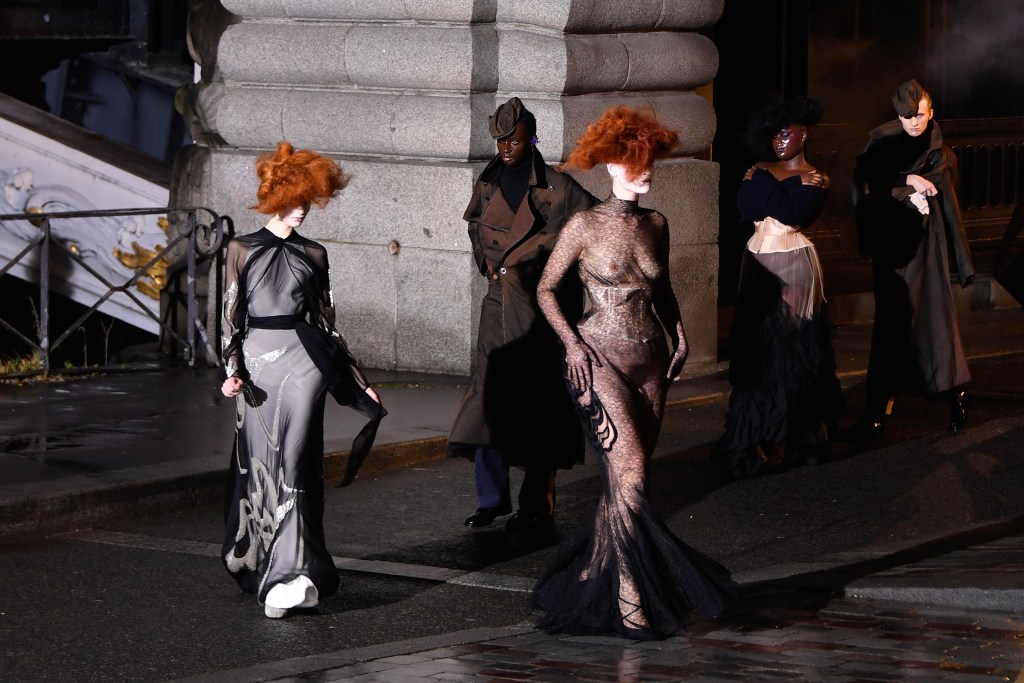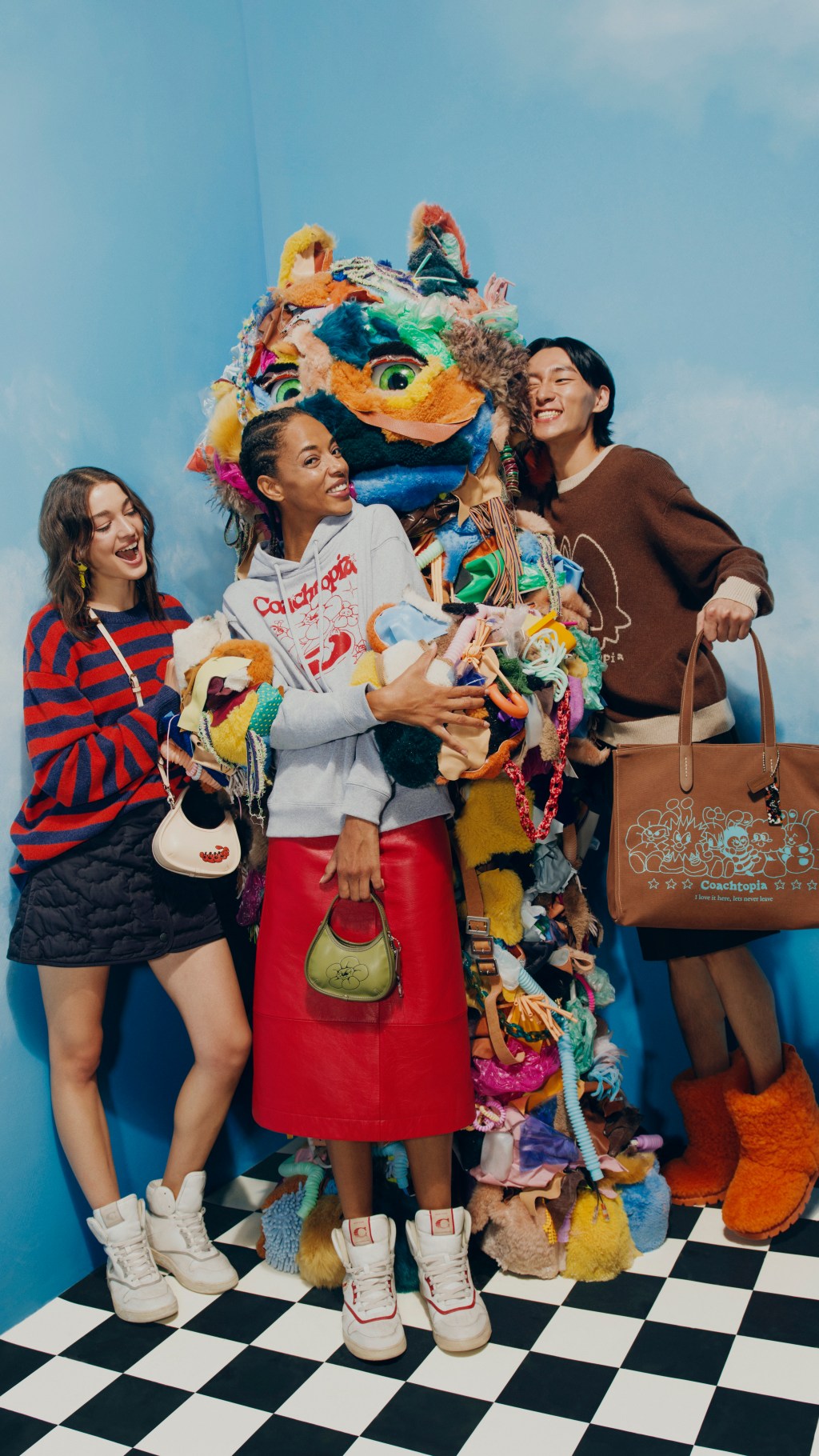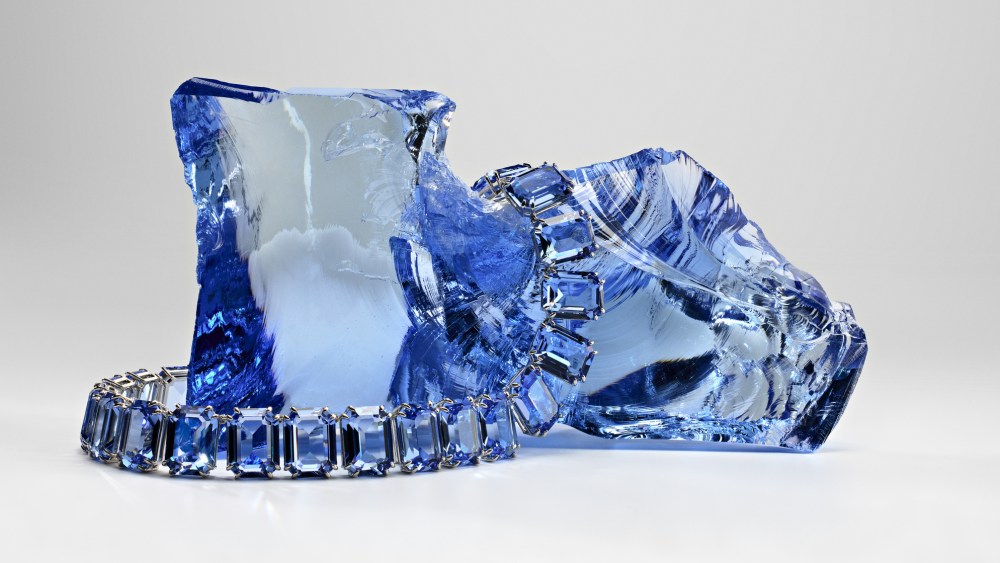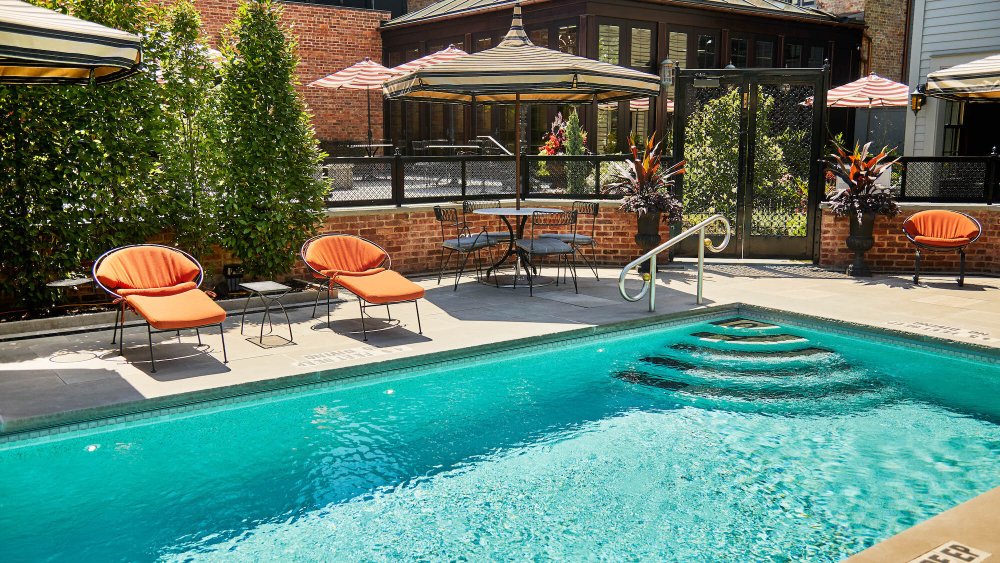MILAN — OTB Group chief executive officer Ubaldo Minelli regularly sets the bar high, but commenting on the Italian company’s gains in revenues and profitability last year, he admitted there were reasons enough to express satisfaction about its performance, especially in light of the macroeconomic challenges.
To be sure, the group has reached the objectives it had set, including further growth in Asia, the best-performing market last year, and which for the first time represented more than 40 percent of sales; boosting its direct-to-consumer channel, which now accounts for more than 50 percent of the total compared to less than 35 percent two years ago, and turning Diesel around. “All markets, all brands and all channels showed growth in 2023,” said Minelli in an interview.
In addition to Diesel, OTB controls the Jil Sander, Maison Margiela, Marni and Viktor&Rolf brands, production arms Staff International and Brave Kid, and holds a stake in the Amiri brand.
In the 12 months ended Dec. 31, OTB reported turnover of 1.9 billion euros, up 7.2 percent compared with 1.74 billion euros in 2022. At constant exchange rates, turnover rose 10.2 percent.
Net sales amounted to 1.8 billion euros, climbing 9.1 percent compared with 1.63 billion euros in 2022. At constant exchange rates, sales grew 12.4 percent.
OTB founder and chairman Renzo Rosso said in a statement on Thursday that “young consumers appreciate the fact that our brands often take an opposite approach to the market, focusing largely on the look and quality of their products and continuing their mission to make fashion a dream. A mission we would not achieve without the excellence of our great supply chain, where we have established collaborations and partnerships, and of Made in Italy.”
Ever attentive to innovation and technology, Rosso said the group “began exploring the opportunities and solutions that artificial intelligence can offer for all corporate processes. This is why I wanted to organize an AI training program for our managers with the main players in the sector.”
He highlighted the group’s sustainability initiatives and giving back through the OTB Foundation, also supported by the group’s employees, now counting 7,000, as volunteers. “Business in general should contribute to social well-being through concrete projects, which, in our case, are concerned with gender violence, integration, the fight against addiction, and international emergencies, to mention just a few.”
Jil Sander, Maison Margiela and Marni make up OTB’s luxury segment, which reported 17.6 percent growth at constant exchange rates and which helped drive group sales. While not disclosing revenues by brand, asked which contributes more to the top line, Minelli said Maison Margiela, but he noted that this “is directly proportional to the date of the acquisition of each label.”
OTB became the main shareholder of Maison Margiela in 2002 and took full control in 2006. The group invested in Marni in 2013 and took full control two years later. Jil Sander was acquired in 2021.
Through Staff International, OTB last year acquired a majority stake in storied Florentine leather goods atelier Frassineti, in line with the group’s strategy to invest in key production partners, said Minelli, adding that, accordingly, a new such acquisition is in the pipeline. However, he added that OTB remains interested in fashion and accessories brands, emphasizing that “size is increasingly more important. Our ambition is to reach 3 billion euros, and we want to get there as soon as possible. This is possible not only through an organic growth but also through acquisitions. We were active in 2023 and will be so in 2024, we continued to look at potential luxury targets, and we were very close to [inking the deals] a couple of times. But acquisitions should not be made at all costs, they should fit in the brands’ portfolio. We have to be confident that we as a group can contribute added value.”
Minelli did not comment on the many rumors that surfaced last year that OTB was interested in buying brands that ranged from Missoni to Gianvito Rossi (the latter was eventually acquired by Compagnie Financière Richemont).
While Tod’s Group last weekend presented its plans to delist the company, Minelli confirmed OTB is still determined to launch an initial public offering on the Milan Stock Exchange “either in the last quarter of 2024 or in the first quarter of 2025. We are working to be ready for this but we are not in a rush. We are fully convinced the Bourse will allow us to be more transparent, to be aligned with the highest standards in the industry, and will facilitate the generational handover. A delisting is taken into consideration when it is believed that the Bourse does not reflect the real value of the company. But we think that a listing could reward us, given our track record and our brand portfolio. We have made our choice and the IPO is not in question.”
In fact, he revealed that, at the end of December, the board approved an investment of 40 million euros in restructuring the group’s Enterprise Resource Planning.
In 2023, group earnings before interest, taxes, depreciation and amortization amounted to 348 million euros, a margin of 19.6 percent on sales. EBITDA rose 10.8 percent compared with 314 million euros in 2022. Group operating profit gained 4.5 percent to 140 million euros compared with 134 million euros in 2022.
As of Dec. 31, the net financial position stood at 60 million euros, before the International Financial Reporting Standards accounting rule.
Capital expenditure totaled 201 million euros, and included the purchase of the building in Paris’ 16th arrondissement that houses the new headquarters of Maison Margiela, inaugurated in January last year. Last year, sales of Maison Margiela grew 23 percent and Minelli proudly touted the “extraordinary success” of the brand’s Artisanal couture collection designed by creative director John Galliano and shown last month in Paris.
Margiela has seen a 72.4 percent jump in sales in China and Korea, where revenues were up 72.4 percent from 2022, confirming the brand’s growing appeal among young Asian consumers, said Minelli.
Last year, Margiela opened 24 stores around the world in cities including Venice, Beijing, Shanghai, Los Angeles, Las Vegas and Seoul.
The investment in retailing that kicked off two years ago, which included a retail excellence project improving the performance of existing points of sale, is paying off, said Minelli. Last year, the channel posted 33.8 percent growth at constant exchange rates, driven by increased sales in existing stores and by 76 openings. At the end of the year, the number of directly operated stores totaled 610 and franchised units amounted to around 300.
Opening stores in Asia contributed to the turnover in the region soaring 74 percent at constant exchange rates, becoming the group’s key growth driver in terms of markets. In China alone, OTB opened 30 stores during the year and South Korea is one of the group’s top-performing new markets.
Continued expansion in Japan, which grew 19.4 percent at constant exchange rates and represented 23 percent of total business, cemented its ranking as the groups’ main market. “While all OTB brands were historically strong in Japan, in other Asian countries we were lagging behind but during the pandemic we created a structure because we thought APAC, China and Korea in particular, were priorities,” observed Minelli. “We took advantage of the fact that the major conglomerates that used to take over the best locations were in a wait-and-see, watchful mode, while we were especially reactive.”
One example he cited was the JC Plaza mall in Shanghai, OTB’s most important retail development project in China in 2022, which comprises large-scale stores for Maison Margiela, Jil Sander, Marni and Amiri — four units spanning a total area of 25,833 square feet, which also includes exhibition spaces and interactive areas.

In 2023, sales in America rose 11.4 percent at constant exchange rates.
Europe posted a more moderate growth of 2.3 percent because it is more exposed to the wholesale channel, Minelli explained.
Diesel, designed by Glenn Martens, named creative director in October 2020, posted sales growth of 13.1 percent, representing less than 40 percent of revenues. Repositioned under the lead of Rosso as interim CEO, it is seeing increased sales in the women’s division, which today accounts for almost 50 percent of business. GenZ now represents 35 percent of its customer base.
During 2023, the brand opened 15 stores in Europe, China, India and North America, including flagships in Paris, Miami, Antwerp and Guangzhou.

Jil Sander sales rose 17.3 percent from 2022, designed by Lucie and Luke Meier. Last year, 18 stores opened in locations including Paris, Rome, Venice, Madrid, London, Dallas, Los Angeles, Tokyo, Kyoto, Nanjing and Seoul. The brand also renewed its license over a 10-year period with Coty Inc., for the development of cosmetics and fragrances.
Marni also just inked a 20-year licensing agreement with Coty for the production of beauty products and fragrances. The brand, designed by Francesco Risso, last year posted growth of 8.6 percent and opened 16 boutiques. Marni is returning to the Milan Fashion Week calendar this month after showing in New York, Tokyo and Paris.



